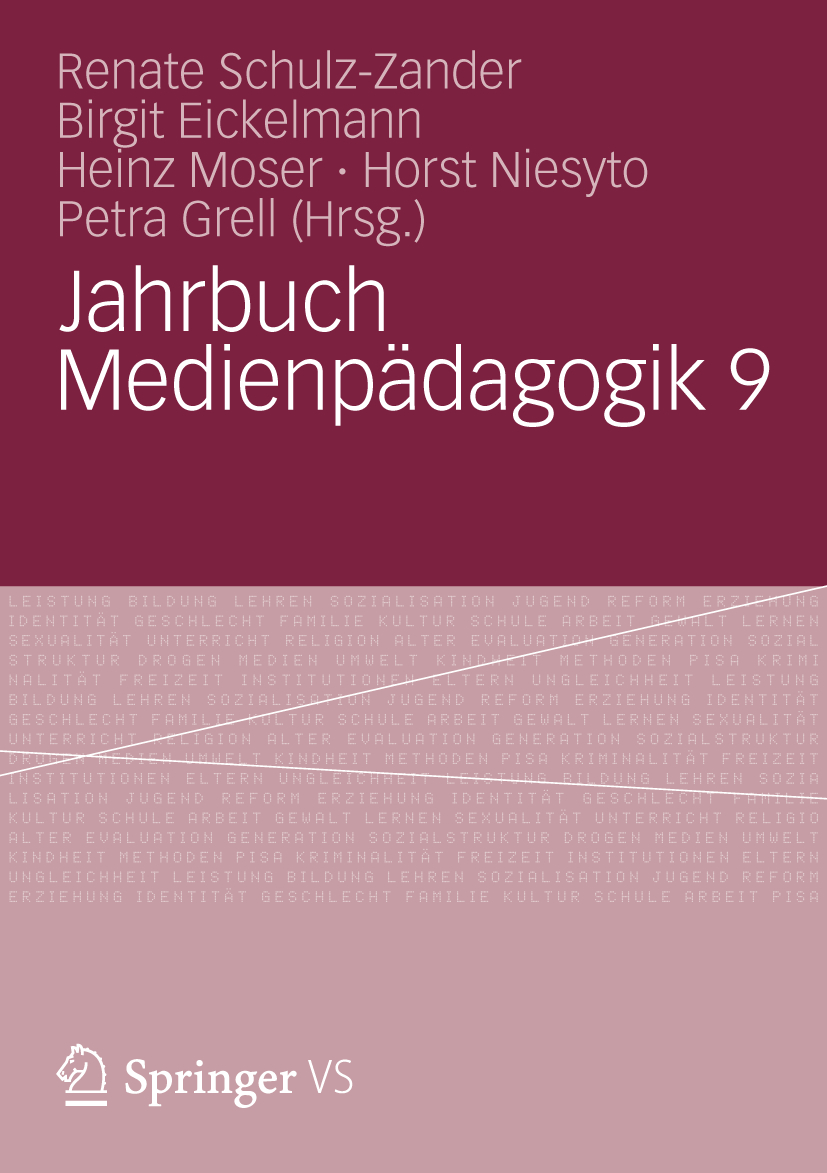Abstract
As also called for in the Media Education Manifesto, media literacy must continue to establish itself as a cross-cutting task in German schools. In addition to appropriate educational standards and the integration of media education into current quality development approaches, this requires teacher training and further education that is more focused on digital media as well as an integration of the experiences from successful model projects into the existing regular structures (cf. Medienpädagogisches Manifest 2009, 2). This concerns the structures of the schools themselves, their regional support and control systems as well as the educational policy preconditions. One example of sustainable, 'broad-based' media education is the project 'Schule interaktiv Transfer'. Here, the experience gained by four individual schools in a three-year development process was passed on to 15 partner schools in the federal states of North Rhine-Westphalia, Hesse and Saxony within the framework of a peer coaching concept and linked to the regular structures there. The following article describes the prerequisites and conditions for success for sustainable media integration as achieved with 'Schule interaktiv Transfer' and is based on (partial) results from the project that ran from 2008 to 2010.
